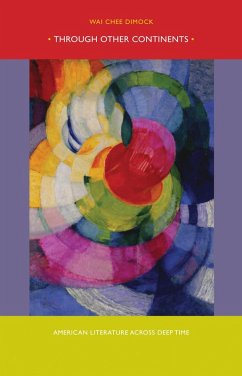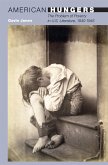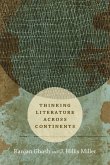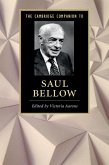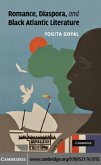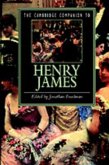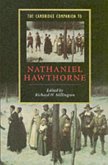What we call American literature is quite often a shorthand, a simplified name for an extended tangle of relations." This is the argument of Through Other Continents, Wai Chee Dimock's sustained effort to read American literature as a subset of world literature.
Inspired by an unorthodox archive--ranging from epic traditions in Akkadian and Sanskrit to folk art, paintings by Veronese and Tiepolo, and the music of the Grateful Dead--Dimock constructs a long history of the world, a history she calls "deep time." The civilizations of Mesopotamia, India, Egypt, China, and West Africa, as well as Europe, leave their mark on American literature, which looks dramatically different when it is removed from a strictly national or English-language context. Key authors such as Thoreau, Margaret Fuller, Ezra Pound, Robert Lowell, Gary Snyder, Leslie Silko, Gloria Naylor, and Gerald Vizenor are transformed in this light. Emerson emerges as a translator of Islamic culture; Henry James's novels become long-distance kin to Gilgamesh; and Black English loses its ungrammaticalness when reclassified as a creole tongue, meshing the input from Africa, Europe, and the Americas.
Throughout, Dimock contends that American literature is answerable not to the nation-state, but to the human species as a whole, and that it looks dramatically different when removed from a strictly national or English-language context.
Inspired by an unorthodox archive--ranging from epic traditions in Akkadian and Sanskrit to folk art, paintings by Veronese and Tiepolo, and the music of the Grateful Dead--Dimock constructs a long history of the world, a history she calls "deep time." The civilizations of Mesopotamia, India, Egypt, China, and West Africa, as well as Europe, leave their mark on American literature, which looks dramatically different when it is removed from a strictly national or English-language context. Key authors such as Thoreau, Margaret Fuller, Ezra Pound, Robert Lowell, Gary Snyder, Leslie Silko, Gloria Naylor, and Gerald Vizenor are transformed in this light. Emerson emerges as a translator of Islamic culture; Henry James's novels become long-distance kin to Gilgamesh; and Black English loses its ungrammaticalness when reclassified as a creole tongue, meshing the input from Africa, Europe, and the Americas.
Throughout, Dimock contends that American literature is answerable not to the nation-state, but to the human species as a whole, and that it looks dramatically different when removed from a strictly national or English-language context.

